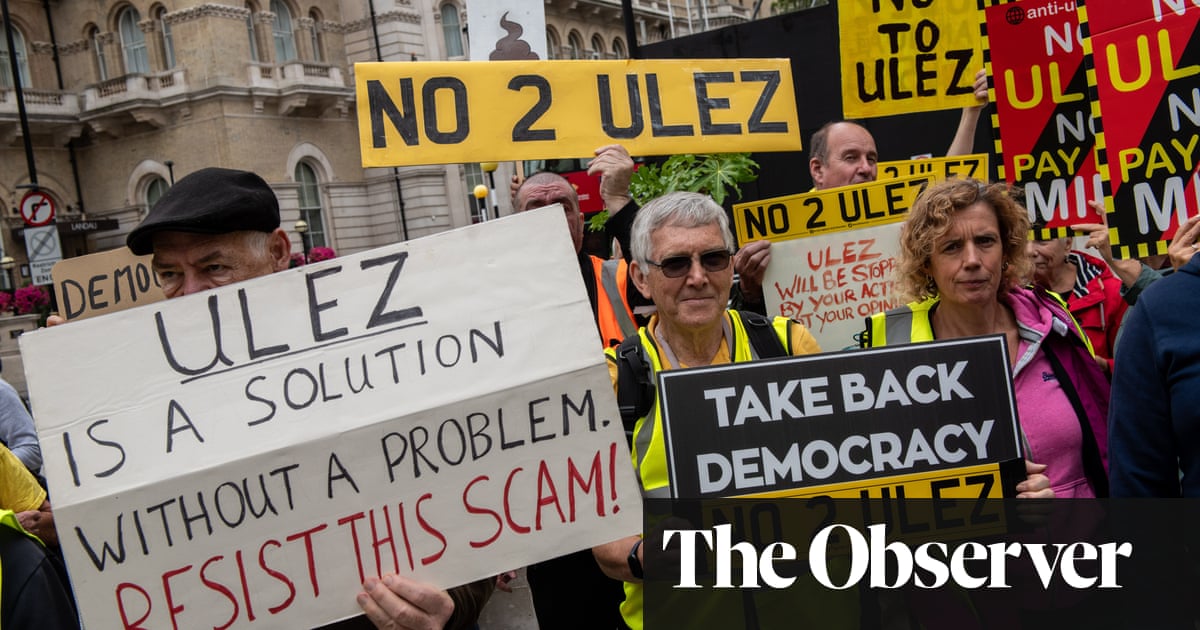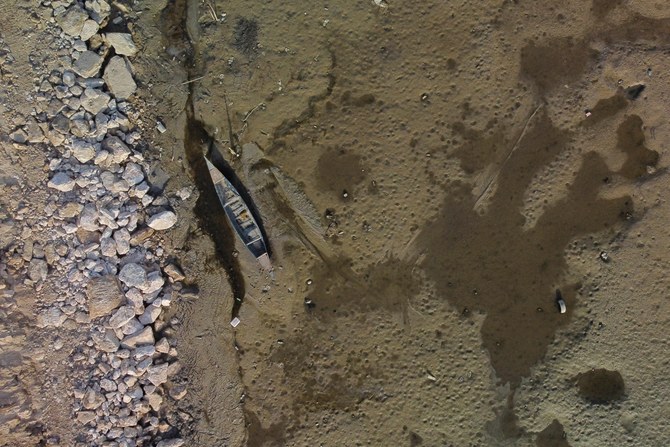
Trump singles out ‘prophets of doom’ for attack
Greenpeace told the Davos gathering that the world’s largest banks, funds and insurance companies had invested $1.4 trillion in fossil fuel companies since the Paris climate deal
LONDON: Teenage environmental activist Greta Thunberg slammed inaction over climate change as the global oil industry found itself under intense scrutiny on the opening day of the World Economic Forum in Davos.
The teenage campaigner went head to head with US President Donald Trump, who dismissed climate “prophets of doom” in his speech.
She in turn shrugged off the US president’s pledge to join the economic forum’s initiative to plant 1 trillion trees to help capture carbon dioxide.
“Planting trees is good, of course, but it’s nowhere near enough,” Thunberg said. “It cannot replace mitigation. We need to start listening to the science and treat this crisis with the importance it deserves,” the 17-year-old said.
The 50th meeting of the World Economic Forum was dominated by the global threat posed by climate change and the carbon economy.
The environmental focus of Davos 2020 caps a year when carbon emissions from fossil fuels hit a record high, and the devastating effects of bushfires in Australia and other climate disasters dominated the news.
Oil company executives from the Gulf and elsewhere are in the spotlight at this year’s Davos meeting as they come under increased pressure to demonstrate how they are reducing their carbon footprint.
“We are not only fighting for our industry’s life but fighting for people to understand the things that we are doing,” said Vicki Hollub, CEO of Occidental, the US-based oil giant with extensive oil operations in the Gulf. “As an industry when we could be different — we will be different.”
‘Planting trees is good, but nowhere near enough,’ activist Greta Thunberg told Davos. (Shutterstock)
She said the company was getting close to being able to sequester significant volumes of CO2 in the US Permian Basin, the heartland of the American shale oil industry which is increasingly in competition with the conventional oil producers of the Arabian Gulf.
“The Permian Basin has the capacity to store 150 gigatons of CO2. That would be 28 years of emissions in the US. That’s the prize for us and that’s the opportunity. People say if you’re sequestering in an oil reservoir then you are producing more oil, but the reality is that it takes more CO2 to inject into a reservoir than the barrel of oil that it makes come out,” Hollub said.
The challenge Occidental and other oil companies face is to make investors understand what is happening in this area of carbon sequesteration, she added.
The investment community at Davos is also looking hard at the oil industry in the face of mounting investor concerns.
Greenpeace told the Davos gathering that the world’s largest banks, funds and insurance companies had invested $1.4 trillion in fossil fuel companies since the Paris climate deal. It accused some of these groups of failing to live up to the World Economic Forum goal of “improving the state of the world.”












